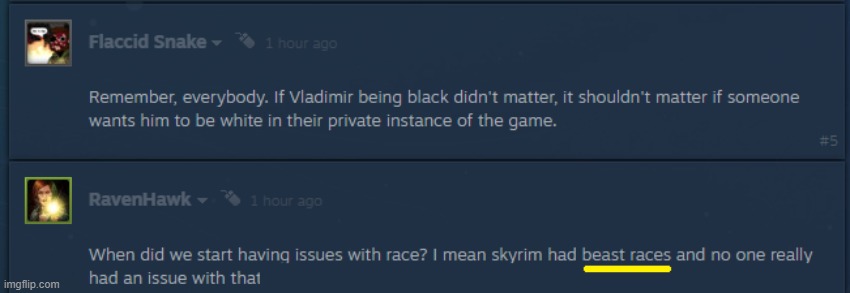Starfield doesn't have it. It doesn't have surprises along the road, memories of journeys and distractions, a sense of artfully-engineered, perfectly positioned distraction and discovery, like each shrine was hand-placed by Video Game God, because it is both entirely disconnected and, frequently when you do roam about on a planet surface, procedurally generated. In Starfield the planets aren't entire regions, they're fixed cities with random land around them. You can't be lured off the road, or simply on the road to drink in the world, because there is quite literally no road to be lured away from. There's no route from one planet or system to the next. In Starfield, instead, you fast travel everywhere.
It's a topic that's led to much discussion of loading screen waits and broken immersion, the sense of disappointment mostly forming around not being able to seamlessly land a spaceship and take off like you'd hoped. And that's a fair point, but also a failure to really capture what's lost when you cut out manual exploration entirely. Instead of roaming discovery, Starfield's world is navigated by hypertext, flitted through in an instant like a Wikipedia article with all the formless liminality of the internet but without the art of, say, Hypnospace Outlaw or Neurocracy, which actually makes a game of that on purpose.
The result - aside from losing all those sacred in-between moments - is a kind of total disorientation and detachment, a radical alienation and a saddening kind of ennui. In the literal sense, I rarely have the faintest idea where I am in this game. This is because I don't need to - you pick up a quest marker, bring up the menu, press the button to take you directly to whatever planet you need to visit, press another button and pachow, with a whoosh and a bang and, depending on your hard drive, a loading screen or five, you're there. Got the object? Killed the guy? Spoken to the farmer or shopkeeper or whatever? Blam, another whip through the buttons and you're back.




















